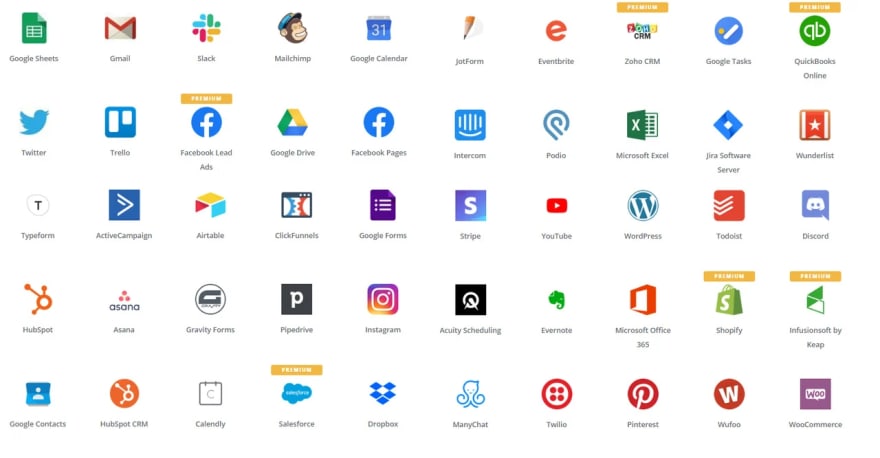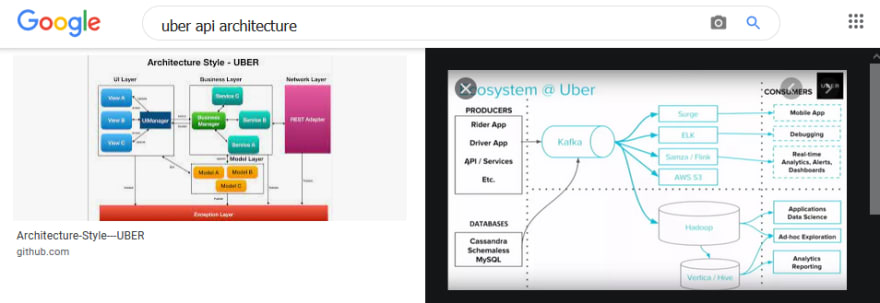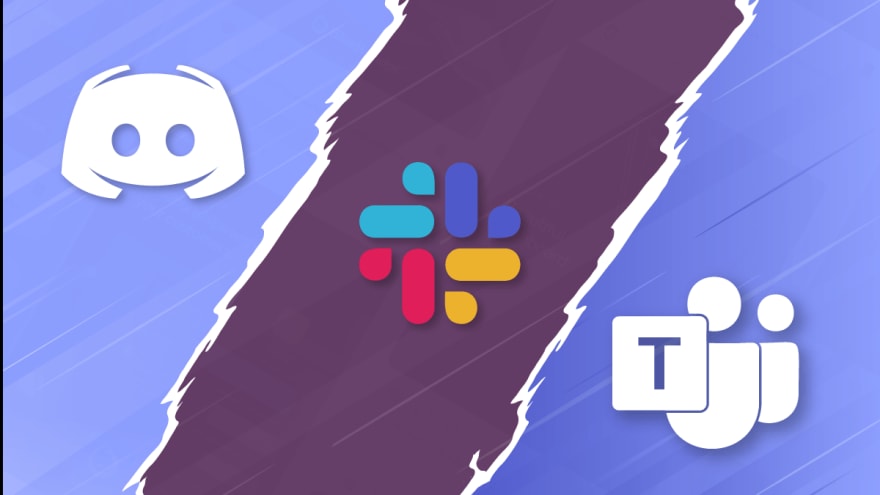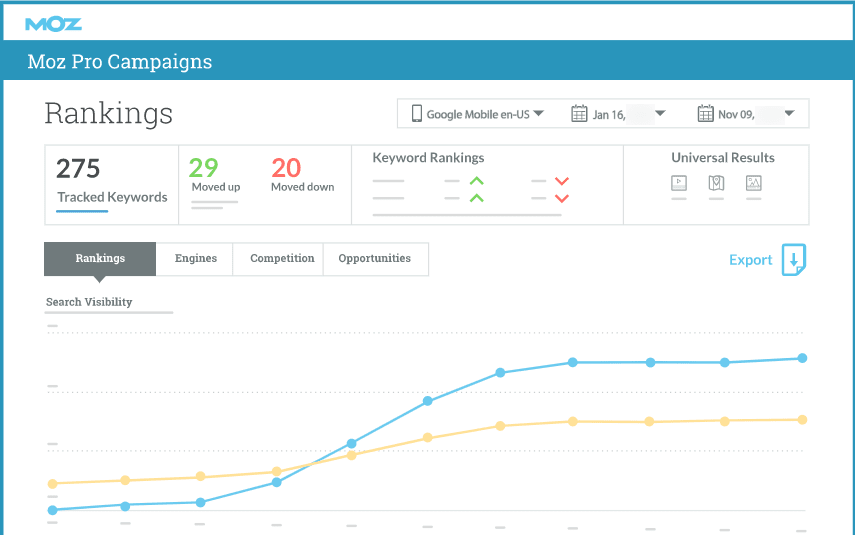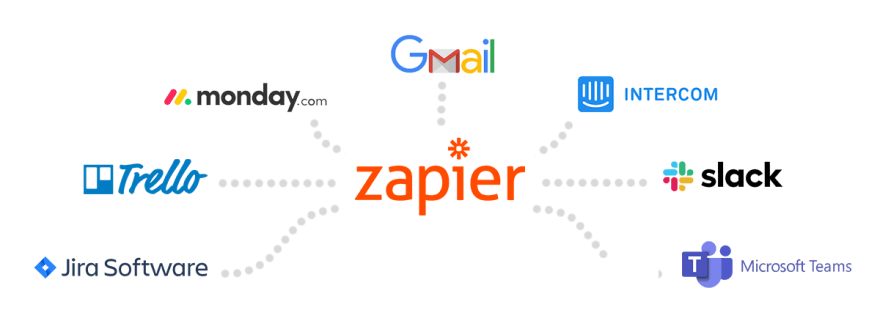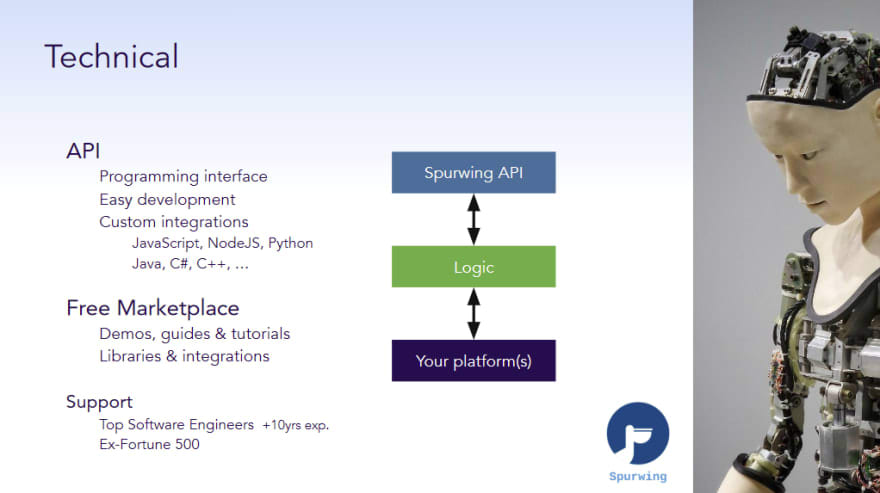This content originally appeared on DEV Community and was authored by Spurwing
The sudden emergence of the API economy has been fascinating to watch.
Application Programming Interfaces (APIs) have been a big part of the application development world for as long as applications have been around, but they've never been quite as valuable (monetarily, anyway) as they are today.
In our increasingly digital global economy, companies are looking for any competitive advantage they can find to boost their services, to improve their efficiency, and to provide more seamless and more capable solutions.
More now than ever before companies are turning to APIs to dramatically extend the capabilities of their own applications, finding new ways to "hook" different solutions together to create even more powerful and more feature-rich applications faster than ever before.
This has driven the demand for APIs through the roof, touching off a brand-new "API Economy" that few could have ever predicted even just a few years ago.
A Quick Overview of the Emergent API Economy
This new frontier in the tech world, the API economy is changing the way that businesses built to leverage these systems grow and scale.
Take a technology company like Uber, for example.
A peek beneath the hood at the technology that makes this unicorn tech company possible would show the value and importance of APIs. A significant chunk of the systems used (on both the consumer facing side of things as well as internally) are built on the back of APIs pulling data and functionality from a whole different range of different applications, sort of cobbled altogether.
This allows companies to build products and services a whole lot faster than they ever would have been able to in the past.
It also allows businesses to scale much faster than ever before, rapidly iterating by adding new functionality, new capabilities, and new services through APIs that would have taken a lot longer (and a lot more money) to implement if everything had to be built from scratch every time new features were considered.
The most exciting thing about this new API economy is that we are only just now beginning to see how APIs can open up a world of options while making the technology community a lot more dynamic.
Our already super connected world is only going to be more connected through the emergence of this API infrastructure!
Breakdown of the Top APIs on the Market Today
Email Marketing - MailChimp
Email marketing is hugely important in today's hypercompetitive business space, and nobody makes integrating email marketing into your business easier than the folks at MailChimp.
Leveraging the MailChimp API is as easy as generating your own custom API keys, tying MailChimp functionality and the data that you collect through this email marketing platform into other applications as well.
With this capability, tying your MailChimp platform into custom analytic tools, audience management solutions, and even just developing smarter forms for collecting contact information becomes a breeze.
Communications - Discord and Slack
Communication is absolutely essential today, especially now that the concept of remote working has essentially gone mainstream.
Finding a way to keep your team internally connected when they are not in the same physical space is a huge piece of the puzzle for business success these days, and tools like Discord and Slack help to make that possible.
At the same time, finding ways to integrate those kinds of tools into an employee portal or backend (for example) helps to keep everything in a centralized location and a little more easily managed. With their APIs doing that becomes almost effortless.
SEO Marketing - SeoMoz and SerpAPI
Driving traffic to your digital platforms is a huge part of success today, but building successful search engine optimization campaigns inevitably involves looking at your raw SEO data, analyzing it correctly, and then optimizing your campaigns based off of that information.
These two SEO marketing platforms provide you access to in-depth information and data through their APIs, information that can be folded into your other marketing tools to provide for deeper insights, better analysis, and more rapid optimization and iteration of your search engine optimization campaigns.
CRM - Salesforce and HubSpot
A Customer Relationship Management (CRM) tool is almost a must have these days, especially if you are using even slightly complex sales funnels to turn complete and total strangers into paying customers and (ideally) repeat clients.
The kind of information saved by a CRM can be incredibly useful across a wide variety of different applications, though, and that's what the APIs provided by these two platforms make possible.
Folding your CRM functionality into your email marketing system with MailChimp, for example, can help you automate a lot of your follow-up sequences for each individual prospect or client – and that's just one example!
Live Chat - Intercom and SendBird
Imagine your live chat support team being able to quickly and effortlessly access CRM information, internal knowledge-based documents, and inventory management systems all at once while providing customer service and support – all in a unified system made possible by these kinds of APIs.
On top of that, being able to pull information directly from live chat and store it in a CRM (or use it to customize email marketing campaigns) can give businesses a huge competitive advantage compared to other companies that are using this information at all.
API Automation - Zapier
APIs are powerful enough on their own, but having the ability to automate unique workflows across a variety of different programs and applications depending on different "triggers" is taking things to the next level.
Zapier has been a huge driver behind the emergence of the API economy by introducing that make automated workflows with APIs almost effortless.
It's now possible to create trigger events in one application that compel actions across a variety of other applications hooked through APIs, all without individuals having to trigger those API events independently.
For example, let's imagine that a new lead comes in through your MailChimp email marketing campaign.
Instantly Zapier pulls data and information from that email response and moves it into your Salesforce CRM, which in turn schedules follow-up email marketing campaigns unique to that contact while setting calendar reminders in Google Calendar for you to follow up directly over the phone.
All of that happens in the blink of an eye thanks to the smooth integration between disparate apps with a platform like Zapier!
Appointment Scheduling API - Spurwing and Cronofy
There's no end to the amount of ways that calendar management and scheduling can be folded into different software setups and applications, from medical clinics using these kinds of APIs to better manage their appointments to salespeople using them to better manage their deal flow (that's just the tip of the iceberg).
For more information on Spurwing, or for a live demo, reach out today: https://www.spurwing.io/
Blog: https://dev.to/spurwing
Marketplace: https://github.com/Spurwing
Closing Thoughts
When you get right down to it, APIs are helping to dramatically accelerate the development of new services and new solutions in our digital world.
Instead of having to build functionality from scratch every time a developer wants to solve a problem, APIs create a bit of a "shortcut" that not only saves time and money but also often provides a better solution right out of the gate than what a developer would have been able to build on their own (at least initially, anyway).
Most incredibly, though, is that the API economy is only just now beginning. The future of APIs is incredibly bright and exciting!
This content originally appeared on DEV Community and was authored by Spurwing
Spurwing | Sciencx (2021-05-01T09:12:11+00:00) The API Economy. Retrieved from https://www.scien.cx/2021/05/01/the-api-economy/
Please log in to upload a file.
There are no updates yet.
Click the Upload button above to add an update.

